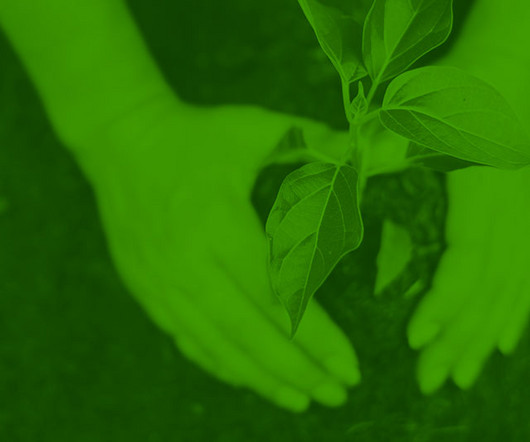Understanding the Anthropocene, Resilience Thinking, and the Future of Industry
Green Business Bureau
JANUARY 18, 2023
As industry is one of the biggest drivers of global climate change and is entirely dependent on the earth’s resources for production, it is important for business leaders and employees to understand the Anthropocene, its implications, and what it means for the future of sustainability and industry. . The Nine Planetary Boundaries.














Let's personalize your content